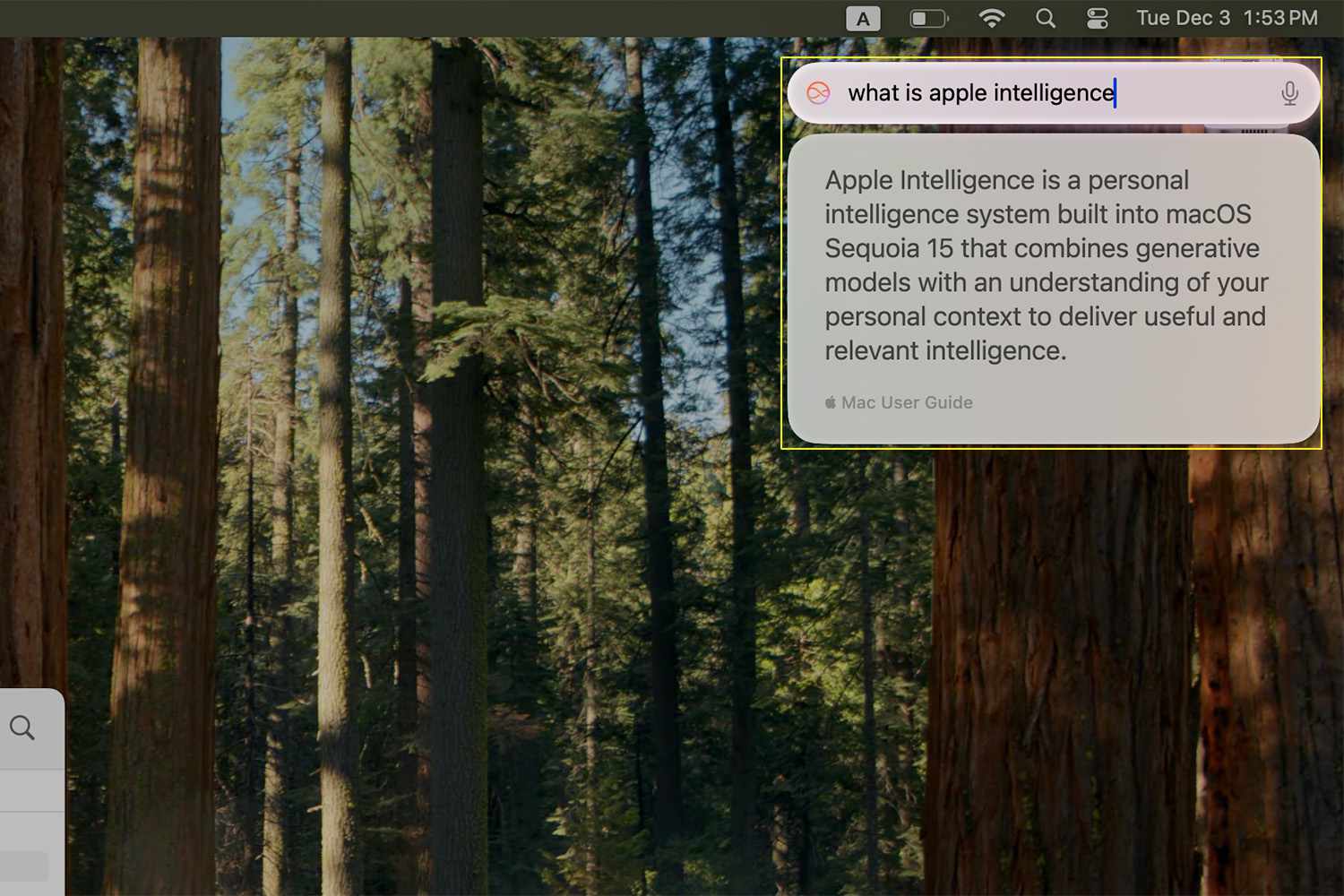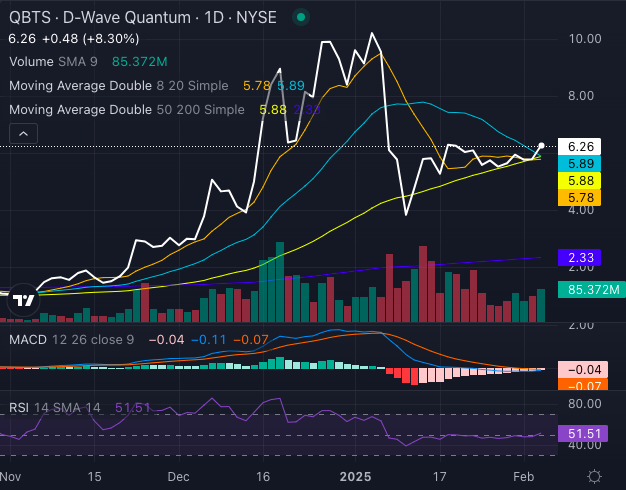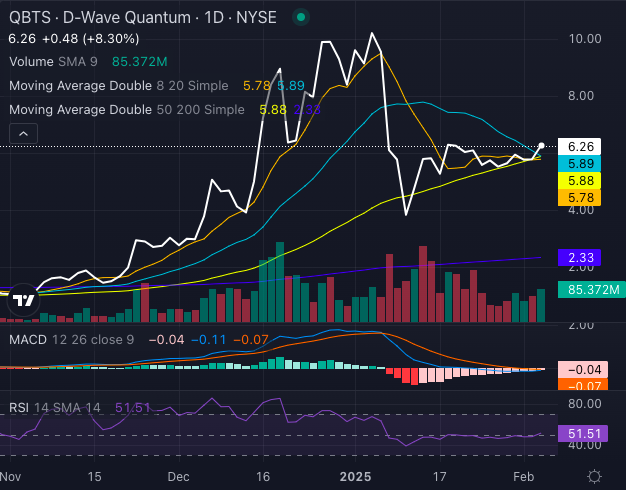Analyzing Apple's LLM Siri Development

Table of Contents
Siri's Current Capabilities and Limitations
Siri has become a ubiquitous part of the Apple ecosystem, offering a convenient way to interact with our devices. However, to understand Apple's LLM Siri development trajectory, we must first acknowledge its current strengths and weaknesses.
Strengths of the Current Siri:
- Seamless Apple Ecosystem Integration: Siri works flawlessly across iPhones, iPads, Macs, Apple Watches, and HomePods, providing a cohesive user experience.
- Basic Functionality Mastery: Siri excels at simple tasks: setting reminders, sending messages, making calls, and answering basic factual questions.
- Voice Control and Hands-Free Operation: Siri's core strength is its ability to allow hands-free control of devices, crucial for multitasking and accessibility.
- Scheduling and Calendar Management: Managing appointments and setting reminders is a well-executed function within Siri's capabilities.
Weaknesses and Areas for Improvement:
- Limited Natural Language Understanding: Compared to competitors like Google Assistant and Alexa, Siri struggles with complex or nuanced queries. It often fails to grasp context or interpret ambiguous requests.
- Lack of Proactive Assistance: Siri predominantly reacts to explicit commands rather than anticipating user needs and offering proactive suggestions.
- Inferior Contextual Awareness: Siri frequently forgets the context of a conversation, requiring users to repeat information.
- User Feedback Highlights Deficiencies: Online reviews and user forums consistently point to Siri's shortcomings in handling complex tasks and understanding natural language subtleties. The need for more robust LLM integration is evident.
Apple's Approach to LLM Integration in Siri
While Apple remains tight-lipped about the specifics of its LLM Siri development, we can glean some insights.
Evidence of LLM Development:
Apple's commitment to AI is undeniable, evidenced by significant investments in research and development, numerous patents related to natural language processing, and the hiring of top AI talent. Although direct announcements regarding specific LLMs for Siri are scarce, the underlying research is clearly progressing.
Potential LLM Architectures:
Given Apple's focus on privacy and performance, it's likely they are exploring highly efficient LLM architectures, possibly variations of transformer models or generative pre-trained transformers (GPTs) specifically optimized for on-device processing and reduced latency. Federated learning techniques could also play a significant role in training these models while safeguarding user privacy.
Integration Challenges:
Integrating LLMs into Siri presents several hurdles:
- Privacy and Security: Protecting user data is paramount for Apple. The integration must adhere to stringent privacy protocols to prevent unauthorized access or misuse of personal information.
- Computational Costs and Real-Time Performance: LLMs are computationally intensive. Balancing the power of an LLM with the need for real-time responses on mobile devices is a significant engineering challenge.
- Seamless Integration with Existing Infrastructure: Integrating a new LLM architecture into the existing Siri infrastructure without disrupting its core functionality requires careful planning and execution.
Future Predictions and Implications of Apple's LLM Siri Development
The successful integration of LLMs into Siri has the potential to revolutionize the user experience.
Potential Improvements:
- Enhanced Natural Language Understanding: LLMs could dramatically improve Siri's ability to understand complex queries, sarcasm, and subtle nuances in language.
- More Complex Task Handling: Users could delegate more sophisticated tasks, involving multiple steps and decision-making processes.
- Proactive and Contextual Assistance: Siri could anticipate user needs, offer relevant suggestions, and maintain context across conversations.
- Personalized Experiences: LLMs could enable highly personalized experiences, tailoring responses and suggestions based on individual user preferences and behaviors.
Competitive Landscape:
A significantly enhanced Siri, powered by advanced LLMs, would dramatically improve Apple's competitive standing in the increasingly crowded AI assistant market, potentially closing the gap with leading competitors.
Ethical Considerations:
The development and deployment of sophisticated AI assistants raise critical ethical questions. Apple must address issues like bias mitigation, ensuring fairness and equity in Siri's responses, and promoting responsible AI development practices.
Conclusion: The Future of Apple's LLM Siri Development and a Call to Action
Apple's LLM Siri development is poised to significantly impact the future of voice assistants. While current Siri exhibits limitations, the potential for improvement through LLM integration is immense. Addressing the challenges of privacy, computational resources, and seamless integration is crucial for success. The ethical implications must also be carefully considered. Stay informed about Apple's LLM Siri development by following industry news and tech blogs. Share your thoughts and predictions on the future of Siri – what advancements are you most excited about in Apple's LLM Siri development?

Featured Posts
-
 Incendio Atinge Escola Na Tijuca Recordacoes E Amizades Perdidas
May 20, 2025
Incendio Atinge Escola Na Tijuca Recordacoes E Amizades Perdidas
May 20, 2025 -
 Plyuschenko Sikharulidze Kuznetsova Chem Esche Zanimayutsya Znamenitye Figuristy
May 20, 2025
Plyuschenko Sikharulidze Kuznetsova Chem Esche Zanimayutsya Znamenitye Figuristy
May 20, 2025 -
 Understanding Lou Galas Rise To Fame In The Decameron
May 20, 2025
Understanding Lou Galas Rise To Fame In The Decameron
May 20, 2025 -
 Nigeria Pragmatism Vs Idealism A Kite Runner Analysis
May 20, 2025
Nigeria Pragmatism Vs Idealism A Kite Runner Analysis
May 20, 2025 -
 Snl Season 50 Finale Shatters Viewership Records
May 20, 2025
Snl Season 50 Finale Shatters Viewership Records
May 20, 2025
Latest Posts
-
 D Wave Quantum Qbts Stocks 2025 Performance Factors Contributing To The Decrease
May 20, 2025
D Wave Quantum Qbts Stocks 2025 Performance Factors Contributing To The Decrease
May 20, 2025 -
 D Wave Quantum Inc Qbts Stock Price Drop In 2025 Causes And Implications
May 20, 2025
D Wave Quantum Inc Qbts Stock Price Drop In 2025 Causes And Implications
May 20, 2025 -
 Exploring The Reasons Behind D Wave Quantum Inc Qbts Stocks 2025 Plunge
May 20, 2025
Exploring The Reasons Behind D Wave Quantum Inc Qbts Stocks 2025 Plunge
May 20, 2025 -
 Big Bear Ai Holdings Bbai Penny Stock Potential In The Ai Sector
May 20, 2025
Big Bear Ai Holdings Bbai Penny Stock Potential In The Ai Sector
May 20, 2025 -
 2025 D Wave Quantum Qbts Stock Performance A Deep Dive Into The Decline
May 20, 2025
2025 D Wave Quantum Qbts Stock Performance A Deep Dive Into The Decline
May 20, 2025
